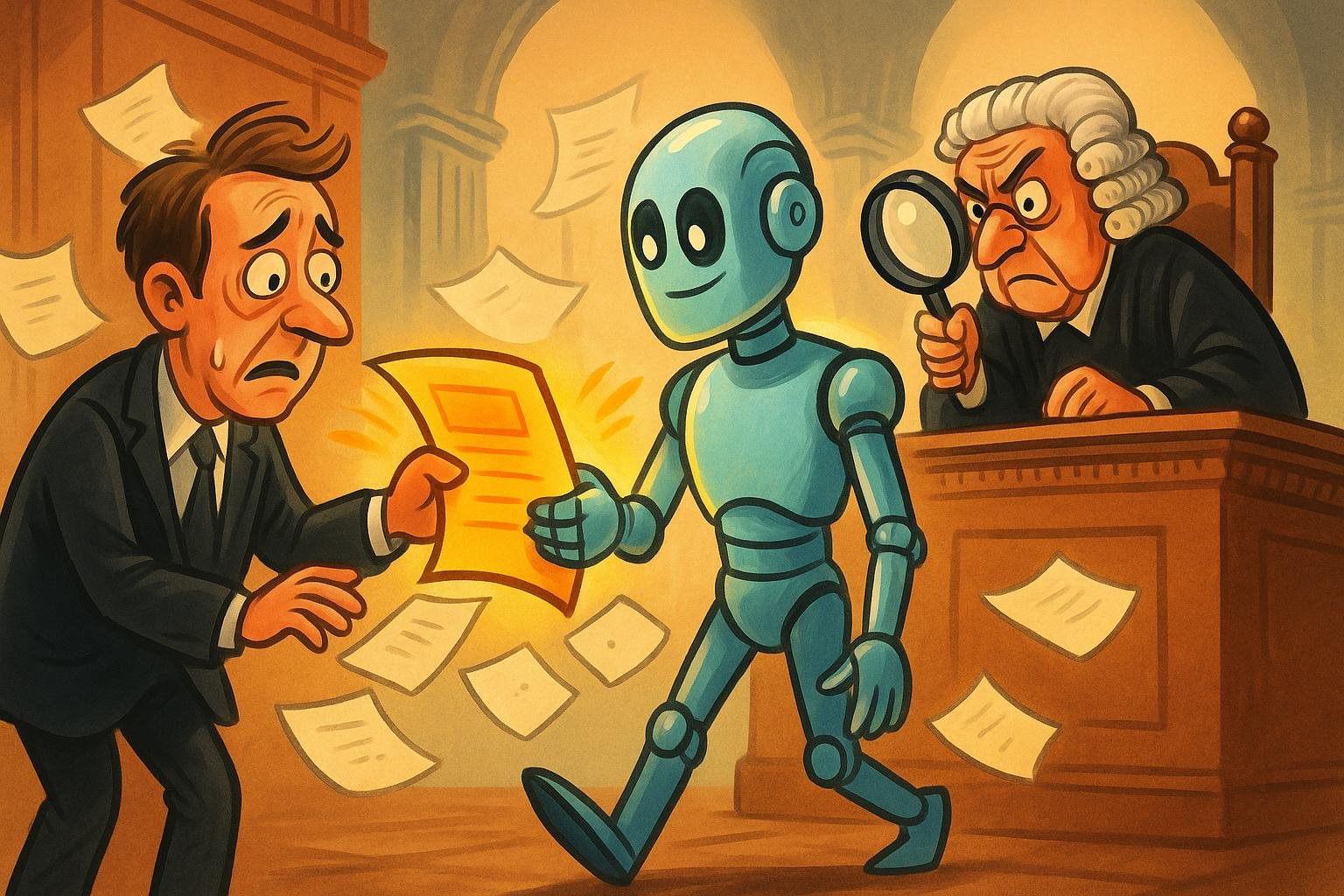In a cautionary tale of unchecked AI use in the legal field, a Utah-based lawyer has been sanctioned by the state’s court of appeals after filing a legal brief that included fictitious case citations generated by ChatGPT. The incident has reignited concerns over AI’s role in legal proceedings and the ethical responsibility of attorneys.
A Legal Misstep Fueled by Artificial Intelligence
The Utah Court of Appeals recently imposed sanctions on attorney Richard Bednar after it was discovered that a legal brief he submitted contained false citations all generated by ChatGPT. The brief, originally drafted by a law clerk at Bednar’s firm, was filed without thorough review and sparked controversy once opposing counsel identified the anomalies.
According to court documents, the respondents’ counsel highlighted that the petition included citations and quotations from cases that did not exist in any legal database and could only be found through ChatGPT.
This incident is one of the first major examples of an appellate-level court in the United States formally sanctioning an attorney over AI-generated legal content raising red flags for bar associations, judges, and legal educators worldwide.
ALSO READ: FCRF Launches Campus Ambassador Program to Empower India’s Next-Gen Cyber Defenders
The Fallout: Acknowledgment, Apology, and Penalty
The court proceedings revealed that Bednar, alongside co-counsel Douglas Durbano, had filed a “timely petition for interlocutory appeal.” However, the controversy unfolded once it was revealed that parts of the brief were neither accurate nor real. Bednar eventually acknowledged the errors, which originated from the law clerk’s use of ChatGPT, and issued an apology to the court.
The Utah Court of Appeals found Bednar guilty of “submitting a petition that contained fake precedent generated by ChatGPT,” and ruled that he pay the respondent’s attorney and hearing fees, refund the legal costs to the client, and donate $1,000 to a Utah-based nonprofit legal aid group, “And Justice For All,” within 14 days.
The incident underscores the increasing challenges the legal system faces as artificial intelligence tools become embedded in everyday professional workflows, often without rigorous oversight or fact-checking protocols.
AI and the Law: A Growing Ethical Dilemma
This case is emblematic of a growing issue in the legal community the reliance on generative AI tools like ChatGPT without adequate safeguards. While these tools offer convenience and efficiency, their inability to distinguish between real and fictional legal precedents poses a severe risk to the integrity of judicial proceedings.
Top judges and legal scholars have raised concerns about the potential misuse of AI in court filings. In a related case, a judge flagged that generative AI could “fabricate legal citations,” cautioning attorneys to verify every source manually. Legal technology experts have called for stricter guidelines and AI literacy training across law schools and professional certification programs.
As law firms increasingly adopt AI to streamline operations, this case serves as a stark reminder: no technological shortcut can replace due diligence and human accountability in the courtroom.



